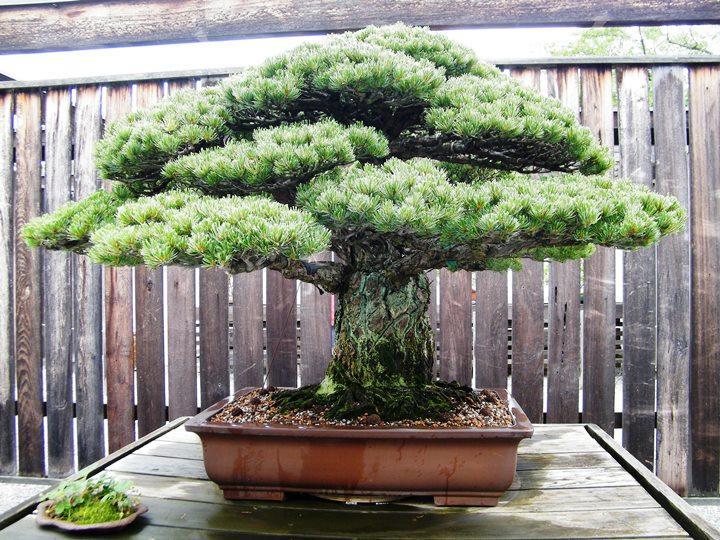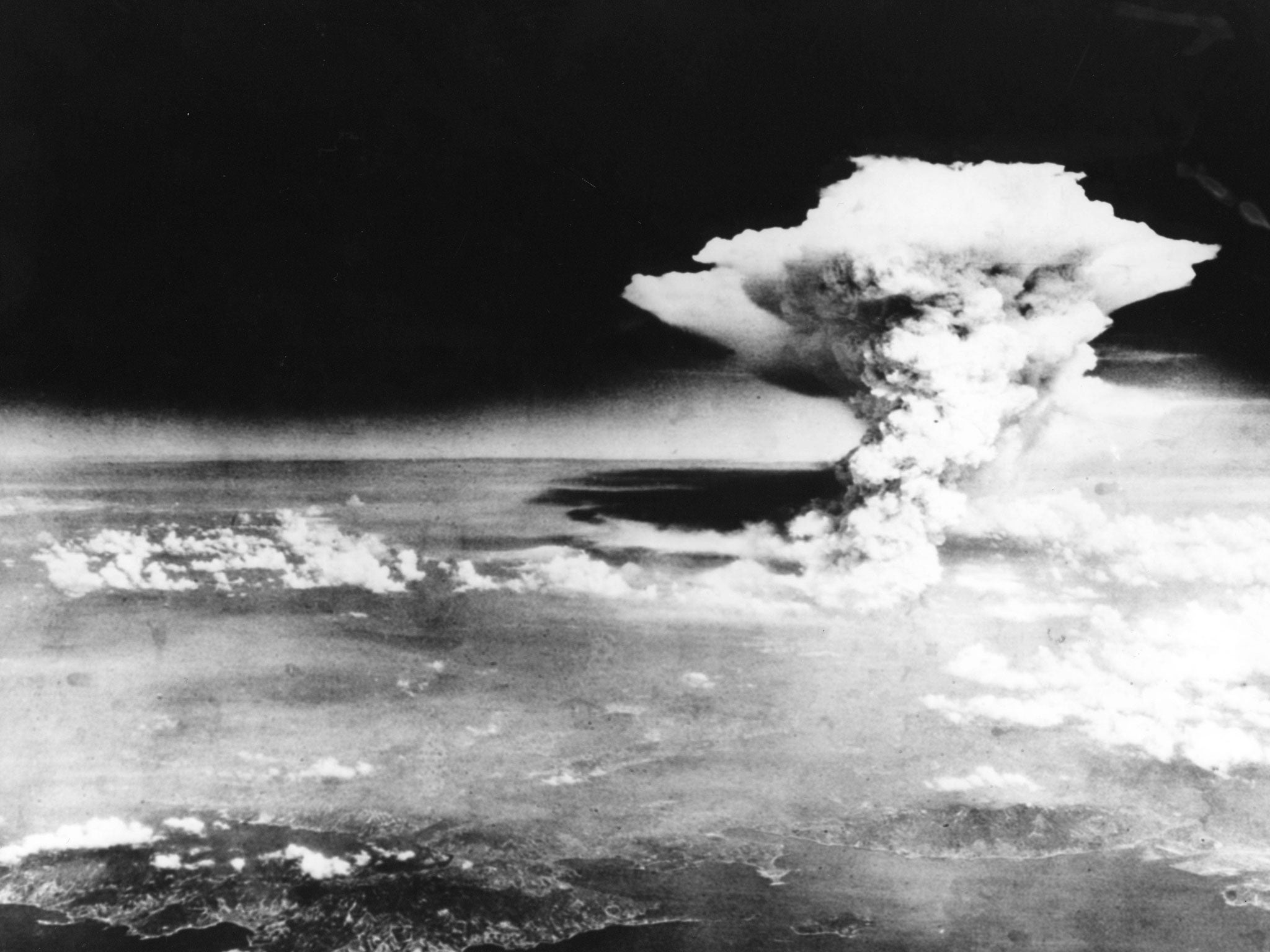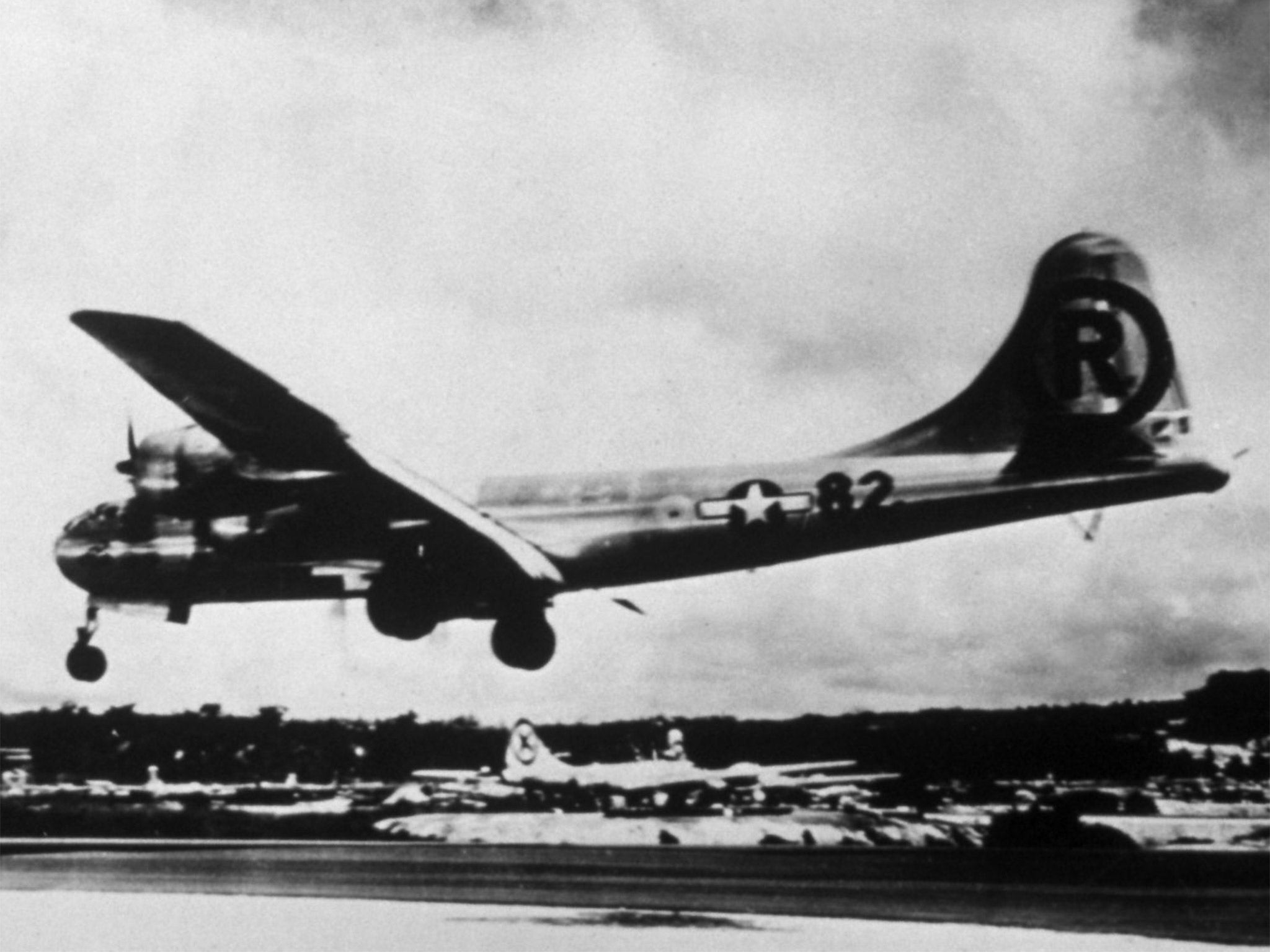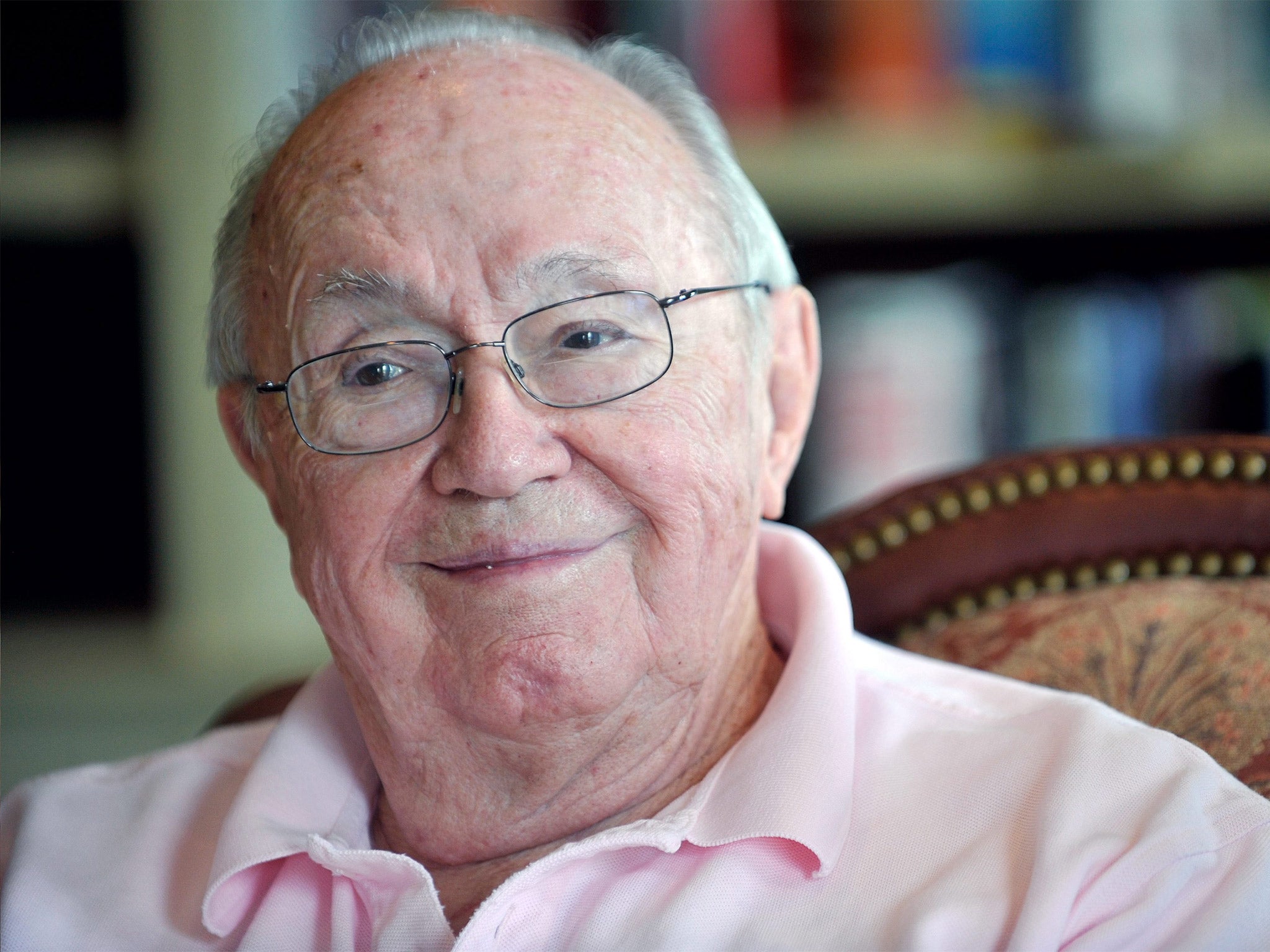390-year-old bonsai tree survived the Hiroshima nuclear bomb - and nobody knew until 2001
The bonsai tree’s history is being honoured this week, as 6 August marks the 70th anniversary of the Hiroshima bombing

Your support helps us to tell the story
From reproductive rights to climate change to Big Tech, The Independent is on the ground when the story is developing. Whether it's investigating the financials of Elon Musk's pro-Trump PAC or producing our latest documentary, 'The A Word', which shines a light on the American women fighting for reproductive rights, we know how important it is to parse out the facts from the messaging.
At such a critical moment in US history, we need reporters on the ground. Your donation allows us to keep sending journalists to speak to both sides of the story.
The Independent is trusted by Americans across the entire political spectrum. And unlike many other quality news outlets, we choose not to lock Americans out of our reporting and analysis with paywalls. We believe quality journalism should be available to everyone, paid for by those who can afford it.
Your support makes all the difference.Moses Weisberg was walking his bicycle through the National Arboretum in Northeast Washington when he stopped at a mushroom-shaped tree. The first thing he noticed was the thickness of the trunk, estimated at almost a foot and a half in diameter. And then there was the abundance of spindly leaves, a healthy head of hair for a botanical relic 390 years old.
But it was only when he learned the full history of the tree, a Japanese white pine donated in 1976, that he was truly stunned. The tree, a part of the Arboretum’s National Bonsai and Penjing Museum, has not only navigated the perils of age to become the collection’s oldest, but it also survived the blast of an atomic bomb, Little Boy, dropped over Hiroshima, Japan, during World War II.
“For one, it’s amazing to think that something could have survived an atomic blast,” said Weisberg, a 26-year-old student at the Georgetown University Law Center. “And then that by some happenstance a Japanese tree from the 1600s ended up here.”
The bonsai tree’s history is being honored this week, as 6 August marks the 70th anniversary of the Hiroshima bombing. But visitors can see the tree as part of the museum’s permanent collection throughout the year.
The tree, donated by a bonsai master named Masaru Yamaki, was part of a 53-specimen gift to the United States for its 1976 bicentennial. Little was known about the tree until March 8, 2001, when — with no advance notice — two brothers visiting from Japan showed up at the museum to check on their grandfather’s tree.

“I find it amazing that Masaru Yamaki could give a priceless bonsai basically to his enemy and not say a word about it,” said Felix Laughlin, president of the nonprofit National Bonsai Foundation. “I get emotional just talking about it.”
Shigeru Yamaki and his brother, Akira, filled in the blanks for museum officials, though they had never seen the tree before their visit and had only heard about it through family stories. News footage taken at the Yamaki Nursery after the blast shows the pine sitting unscathed in the background.
Ensuring the continued survival of such an important piece of the collection is no easy task. It falls to Jack Sustic, who has been the curator of the Bonsai and Penjing Museum since 2002.

Bonsai, Sustic said, refers not to the type of tree but rather the manner in which it is cared for. It is the blending of nature and art, he said.
The care includes seeing that it is watered daily, inspected for insects, rotated for the sun twice a week and repotted on occasion.
In the winter, the tree is moved to the museum’s climate-controlled Chinese Pavilion. Currently, it sits in the museum courtyard.
“One of the things that makes it so special is, if you imagine, somebody has attended to that tree every day since 1625,” Sustic said. “I always like to say bonsai is like a verb. It’s not a noun; it’s doing.”

He joked that tending to a centuries-old tree every day can be enough pressure to keep him up at night. Unlike other museum pieces, there is no recourse when a plant dies.
“I have a packed suitcase at home,” he said. “There’s a few trees in here that it’s just kind of a ‘Where’s Waldo?’ if something happens.”
The tranquility of the arboretum is far from the furor of Hiroshima decades ago.
On Aug. 6, 1945, a 9,700-pound bomb exploded over the city at 8:15 a.m. A walled nursery belonging to the Yamakis was less than two miles from the site of the bomb blast, but the ancient tree, Sustic said, was just far enough away to survive.

“Location, location, location,” Sustic said. “It was up against a wall. It must have been the wall that shielded it from the blast.”
All the family members inside the home survived the blast as well. It blew out all the windows, leaving everyone inside cut from flying glass, but no one suffered permanent injury, according to the museum.
The white pine has long outlived its life expectancy and has spent about a tenth of its life in Washington.
“I’m reluctant to look because I don’t want it to say 200 years,” Sustic said of the tree’s maximum life expectancy.
In 2016, museum officials said, the bonsai will have a new home in the Japanese Pavilion, which is being renovated in honor of its upcoming 40th anniversary.
The tree will bear the same placard that triggers the amazement of passersby every day:
“In training since 1625.”
Copyright: Washington Post
Join our commenting forum
Join thought-provoking conversations, follow other Independent readers and see their replies
Comments